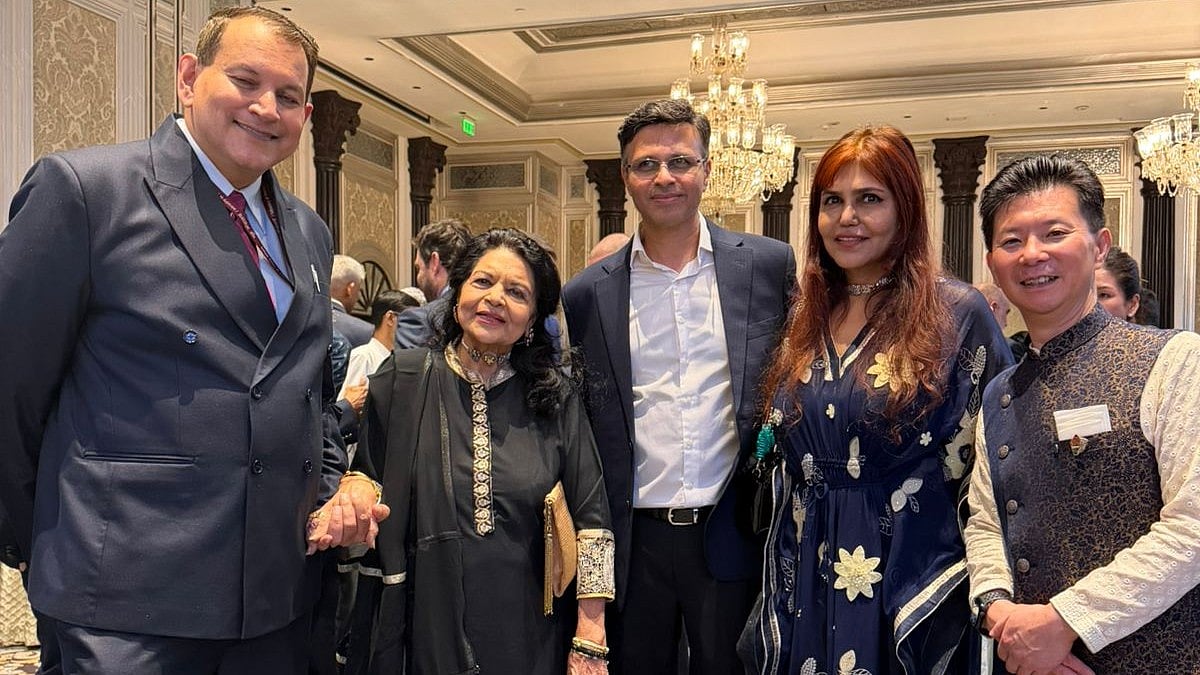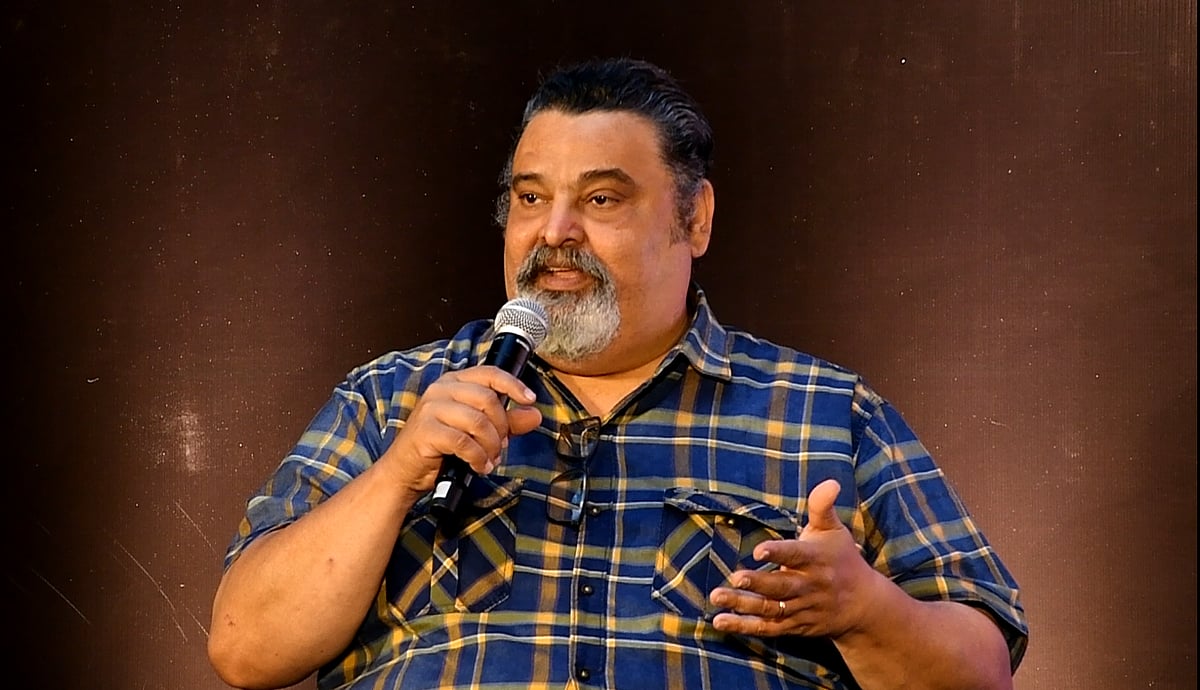In the middle of the chaos, when the receptionist saw my mother’s name on the bill she got quite excited and said, ‘Oh, you are Bengali,’ and started speaking in Bengali with me. I responded with a dry detached smile while doing an invisible eye roll and silent sigh murmuring: ‘Was that an excuse for being so bad at your job?’
Later though, this event welled up into consciousness choicelessly and I wondered why was it so difficult for me to reciprocate her enthusiasm, love, and need for connection at that point. Why couldn’t I look beyond the image of this hapless new receptionist trying to manage as best she could, not as well-trained, but still running around and getting things done? Maybe she is underpaid or overworked. Who knows.
We like to punish people for being ‘inefficient’ at their jobs. At that moment I objectified her — a body that’s supposed to do what I need from him/her. Objectification is not merely of the female body used for sexual gratification but of human bodies seen as machines. It’s impossible to connect with people if you look at them as machines. A machine that’s not giving you optimum results, annoys you.
It takes a lot of work to be compassionate to ourselves and others, and a lot of practice to build new ways of interacting with the world. Yet, we can fall short of our ‘ideal self’, of the values we think we embody, of the lessons we want to live. We flip out, snap at or lose it. Registering those moments and reviewing them, holding ourselves accountable without shaming or guilt-tripping ourselves possibly will increase our repertoire of adaptive responses to not-so-ideal situations in our life.
Just knowing that we are terrible at our jobs will do the trick. We just need to trust the flawed machines we are to connect with the other person. On days we are not able to do it, we just need to observe it, and make a mental note of it.

You might be having a bad day or in a rush. You might be thirsty or starving. Your physical and mental state at a point notwithstanding, punishing others, and exploding is never a good idea. It’s not possible to keep it all together all the time. To begin with, just noticing how often you are shouting, and being belligerent would be enough. Just observing brings you back to normalcy.
This is necessary not only to create a compassionate world where human interactions are pleasant experiences but also to protect ourselves from getting into unnecessary energy-sucking traps. Eventually, with practice, we will reach a point where we can pause before we react. The whole point of the journey is not merely to jump from one goal to another but also to get rid of conditioned behaviours that do not serve us or those around us in any positive way.
(The writer is a mental health and behavioural sciences columnist, conducts art therapy workshops and provides personality development sessions for young adults. She can be found @the_millennial_pilgrim on Instagram and Twitter)











